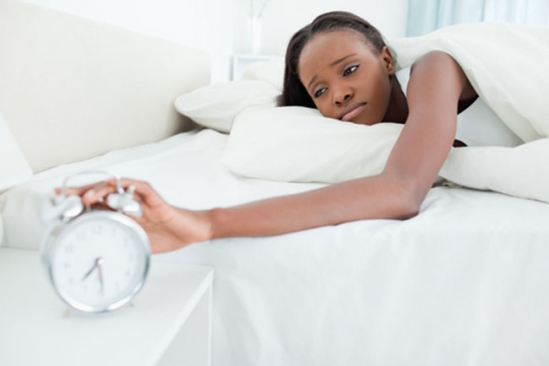
Doctors say you’re risking premature death from diabetes, stroke or heart disease if you’re getting less than six hours shuteye a night
As medical advice goes, it’s perhaps the easiest pill to swallow – if you want to live longer, get more sleep. According to Public Health England, kipping for less than six hours a night means you’re 12% more likely to die prematurely from anything from diabetes to stroke to heart disease.
And in particular it’s the middle-aged, 40-60-year-olds, who are being targeted by the government to get seven to eight hours of better quality shuteye.
Mid-lifers, who are often stressed by juggling families and/or careers, are being encouraged to make seven lifestyle changes – stopping smoking, reducing alcohol consumption, taking more -exercise, improving diet, reducing stress, improving sleep and checking for common signs and symptoms of disease.
PHE says: “Only around 20-30% of what we think of as “ageing” is biological; the rest is “decay” or “deterioration”, which can be actively managed or prevented.
“Those in middle age often don’t get enough exercise, they’re stressed with the strains of working harder, they’re often eating poor diets – and if you’re tired, that exacerbates all those other potentially negative factors.”
So what is a good night’s sleep? The general thinking is that we need 4-5 full 90-minute cycles of deep sleep to feel refreshed in the morning.
Professor Jim Horne, from Loughborough’s Sleep Research Centre, says: “It’s not about hours spent in bed, but the quality of those hours – so preparation is key to wind yourself down after a stressful day’s work or otherwise.”
See right for our 90-minute countdown to a great night’s sleep.
Sleep minus 90 minutes: Load up on carbs
Cath Collins, chief dietitian at St George’s Hospital in London, says a good way to help yourself nod off is to eat carbohydrates such as pasta, potatoes and rice for your evening meal.


